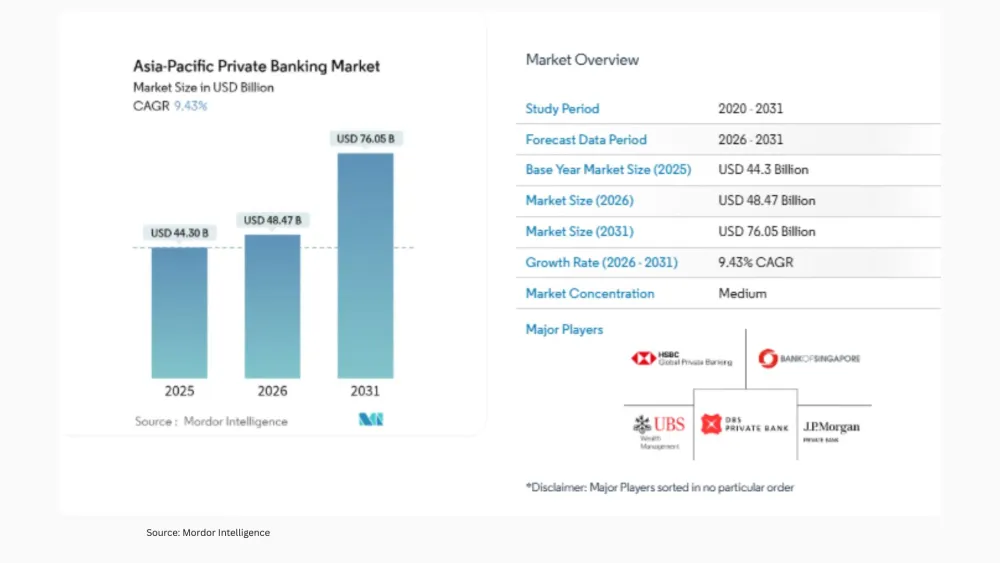
Here's the potential impact of China's new trust regulation on banks
Will rigid payments be reinforced?
Citing reports from the local media, Barclays Research said that the China Banking Regulatory Commission (CBRC) released a document entitled “Guidelines on Regulating Risks of Trust Companies” (Document No. 99) last week which is, in its view, a set of follow-up regulations from the CBRC to the State Council’s shadow banking regulation Document No. 107 that was issued in January 2014.
Here's more:
The key points of Document No. 99 are:
1) requiring shareholders to provide liquidity support or contribute more capital when trust companies are in liquidity difficulties and/or their capital has been eroded due to operating losses; 2) trust companies involved in channel business should act as the party to manage risk but not to bear the risk; risk-bearing among different parties should be explicitly written in the contract; 3) regulating sales practices by recording the product-selling process in audio or video format; 4) forbidding new asset-pool trust products from investing in non-standard credit assets and rectifying existing products; and 5) new trust products need to be reported to regulators 10 days prior to issuance and regulators can take regulatory action against trust companies based on regulatory ratings, net capital, risk incidents and compliance record.
We believe that Document No. 99 aims to:
1) avoid a trust sector systemic collapse by requiring shareholders to support potentially troubled trust companies in the near term; 2) regulate and tighten irregular practices in the trust sector on product design, sales process, risk-bearing, risk disclosure, risk control and risk resolution by different parties; and 3) buy time and pave the way for more defaults to happen when all parties are ready, particularly if investors need to bear large losses.
If the new regulations are well executed, we believe the sector could experience slower growth in the near term, but healthier development in the long term.
We believe the slack in trust financing could be picked up by rapid growth in other types of financing, such as bank loans, bond issuance, entrusted loans etc, as we already seen in recent TSF data. Therefore, the impact on overall credit supply and economic growth is limited.
We don’t think the regulator meant to reinforce rigid payments by requiring shareholders to provide funding support when trust companies are in difficulty. Rigid payment is negative for the long-term development of the financial industry as it creates moral hazard and distorts investors’ awareness of risks.
In fact, the new rule requires shareholders to only provide liquidity support and/or contribute more capital when trust companies are in difficulty, instead of bailing out individual trust products in the event of default. If current shareholders cannot provide sufficient support, the government could require new equity through new shareholders.
We acknowledge that in the past >20 cases of troubled trust products, some products were repaid from trust company shareholders’ pockets. These situations could be driven by reputation and licensing concerns.
We believe the regulator is requiring such support so as to avoid near-term systemic risk in trusts.
Meanwhile, trust companies need to tighten their practices and transition into their role of “true asset manager” instead of “risk bearer”. Regulators probably sees that blunt widespread defaults could lead to systemic risk. Hence they require shareholder “support” to ensure investor confidence, which we believe is a short-term solution.



















 Advertise
Advertise












